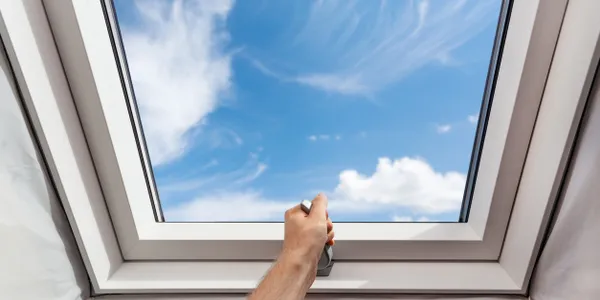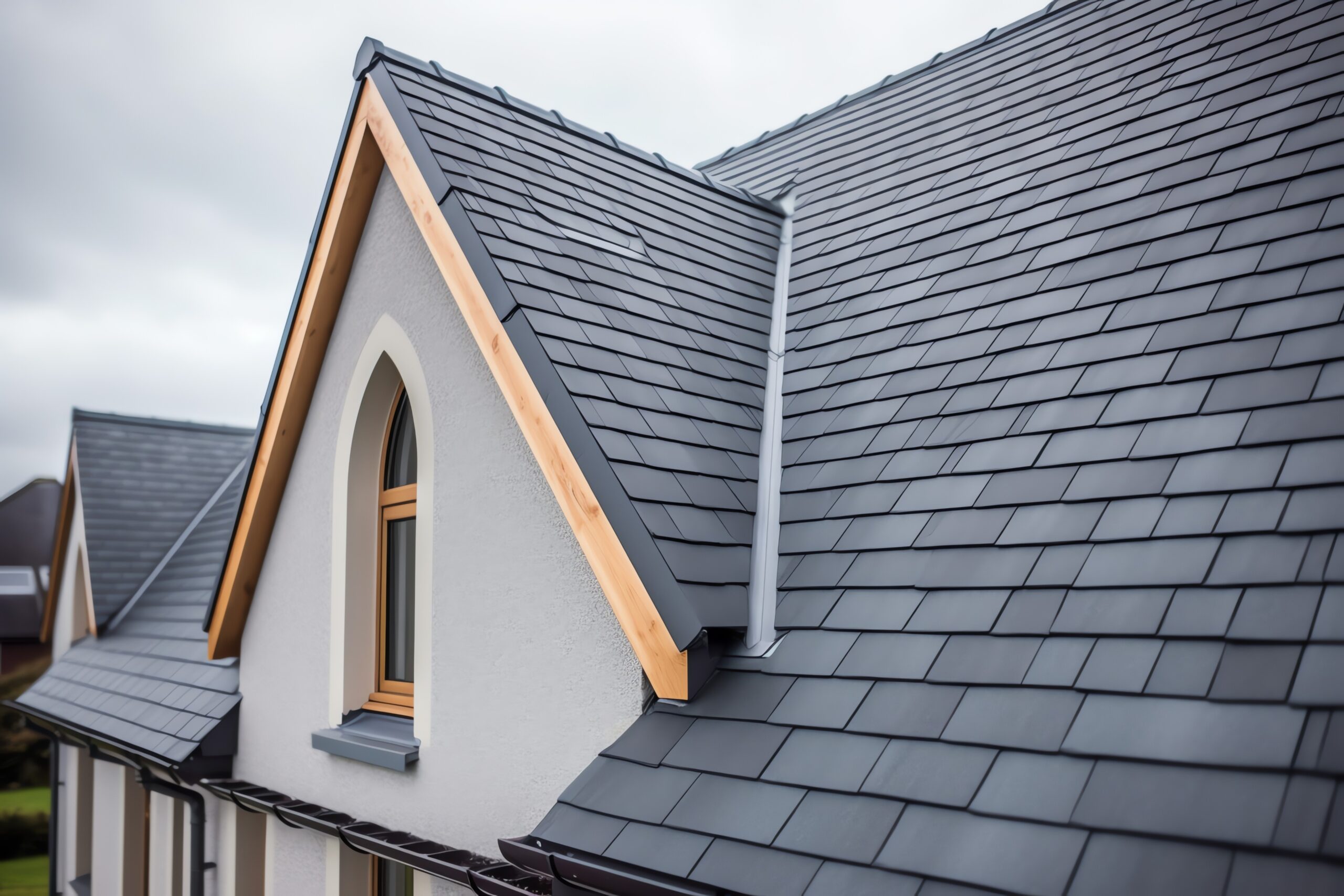As homeowners, we are always looking for ways to improve our living spaces. From updating the decor to implementing energy-efficient solutions, there are countless ways to enhance the functionality and beauty of our homes. One often overlooked aspect of home improvement is replacing old windows with new, modern ones. Not only do new replacement windows add aesthetic value to your home, but they also come with a host of benefits such as improved energy efficiency, increased natural light, and better sound insulation. However, choosing the right replacement windows for your home is crucial for maximum impact. Today, we will discuss some best practices for selecting and installing new replacement windows in your home.
1. Assess Your Needs: Before diving into the world of replacement windows, it’s essential to assess your specific needs and expectations. Do you want to improve your home’s energy efficiency? Are you looking for more natural light? Do you want windows that are easy to clean and maintain? Are you looking to save money on your electric bill? Are you looking to keep the heat in when it’s winter or keep the heat out when it’s summer? Knowing what you want will help narrow down your options and make the decision-making process more manageable.
2. Consider Your Budget: Replacement windows come in various materials and styles, each with its own set of benefits and costs. It’s essential to consider your budget and determine how much you are willing to spend on new windows. Keep in mind that while higher-quality windows may be more expensive upfront, they can save you money in the long run with their energy-saving features.
3. Choose the Right Material: Replacement windows are available in a variety of materials, including wood, vinyl, and fiberglass. Each material has its unique properties and benefits. Wood windows offer a classic, timeless look, but they require more maintenance. Vinyl windows are low-maintenance and energy-efficient, but they may not offer the same aesthetic appeal as wood. Fiberglass windows are known for their durability and energy efficiency, but they can be more expensive. Consider your priorities and choose the material that best suits your needs.
4. Don’t Skimp on Quality: It may be tempting to go for the cheapest option when it comes to replacement windows, but remember that you get what you pay for. Investing in high-quality windows may seem costly at first, but they will pay off in the long run with their durability and energy-saving features. Plus, they can greatly increase the value of your home if you decide to sell in the future.
5. Hire a Professional: Installing replacement windows is not a DIY project. It requires expertise and experience to ensure proper installation. Hiring a professional window installation company will not only save you time and effort but also guarantee that your new windows are installed correctly, maximizing their benefits.
6. Consider Energy Efficiency: With rising energy costs, it’s crucial to consider the energy efficiency of your replacement windows. Look for windows with high energy efficiency ratings, such as ENERGY STAR certified windows. These windows use advanced technologies to keep your home insulated and reduce your energy bills.
7. Think About Functionality: When selecting replacement windows, think about how they will function in your home. Consider factors such as ease of operation, maintenance, and ventilation options. For example, if you live in an area with a lot of rain, choose windows that are easy to clean and maintain to avoid water damage.
8. Choose a Reputable Company: With so many options available, it can be overwhelming to choose the right company. One way to ensure you are getting quality windows and top notch installation service is to choose a reputable company with a proven track record. Do your research and read reviews to find the best company for your needs.
In conclusion, replacing old windows with new, modern ones is a great way to improve your home’s aesthetics, energy efficiency, and functionality. By following these best practices, you can make an informed decision and choose the right replacement windows for your home. Remember to assess your needs, set a budget, choose the right material, prioritize quality, hire a professional, consider energy efficiency, think about functionality, and choose a reputable company. With these tips in mind, you can enjoy the benefits of new replacement windows for years to come.



